[Jiyu Kong, Edaily Reporter] With declining birthrates, an aging population, and rapid technological advancement, Korea’s industrial sector faces a dual challenge: a shortage of young workers and a reduced need for labor due to factory automation. Addressing the aging workforce while boosting productivity through factory upgrades requires a multifaceted approach. Man-ki Jung, Chairman of Korea Industry Federation Forum emphasized, “Population aging and a shrinking working-age population are causing structural shocks across industries. We need reform at the systems level.”
In an interview ahead of the Edaily Strategy Forum, Jung emphasized, “Government and business must work together to systematically establish a transition strategy focused on productivity and flexibility. The key issue isn’t simply how many jobs are lost, but how we restructure employment.”
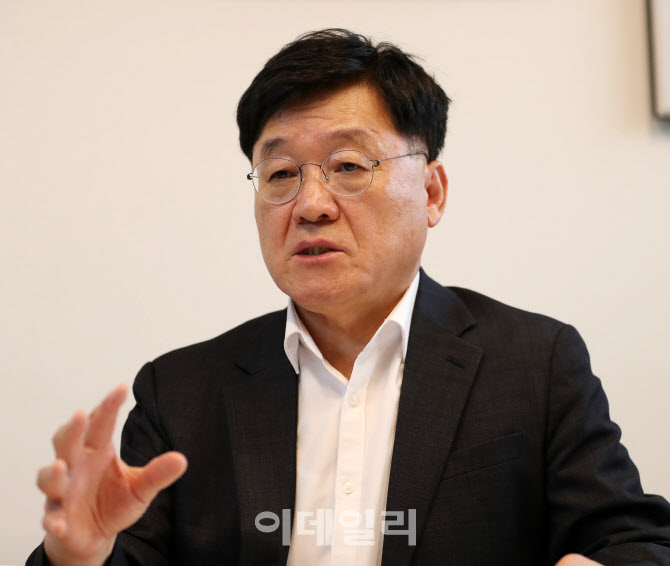 |
| Man-ki Jung, Chairman of Korea Industry Federation Forum.(Photo=Tae-hyung Kim) |
“Flexible Extension Model Needed to Secure Youth Hiring and R&D Investment”
As the working-age population declines, industries are experiencing severe labor shortages. According to a recent survey by the Ministry of Employment and Labor, manufacturing had a 3.0% labor shortage rate, and transportation and warehousing faced a 5.4% shortage. In manufacturing, 18.3% of job openings went unfilled; in transportation and warehousing, the rate was 34.8%?meaning one out of three positions remained vacant.
Industries with tough working conditions and high reliance on skilled labor increasingly are increasingly considering to bring in foreign workers or retain older employees. “Today’s workers in their 60s are much healthier, both physically and mentally, than in the past. We should continue to employ workers up to age 65,” Jung emphasized. In fact, about half of companies with more than 300 employees already operate wage peak or reemployment programs for retirees.
However, Jung believes that using performance- and job-based wage peak systems is a more efficient way to control labor costs, rather than mandating retirement age extensions. “If we extend retirement ages across the board while maintaining the seniority-based pay system, annual employment costs could exceed 30 trillion KRW, enough to hire around 900,000 young workers,” he proposed a “flexible extension model that combines wage peak, part-time, and project-based reemployment, as the most realistic way to secure both youth hiring capacity and R&D investment.”
“Productivity to be Boosted by Smart Factories… High-Value Jobs Shall Emerge”
The shift to smart factories is accelerating across manufacturing sector. As automation increases, fewer workers are needed to maintain productivity. “Factory automation and robotics are inevitable outcomes of industrial restructuring,” Jung said. “Globally, leading countries are improving product quality through smart factories, and Korea must follow suit to remain competitive.”
For example, Tesla‘s Gigafactory in China has achieved a 95% automation rate, producing one vehicle every 30 seconds, significantly increasing efficiency. “The old conveyor-belt model of mass production will only lead to obsolescence,” Jung warned, “Smart manufacturing is essential to flexibly meet individual consumer demands.”
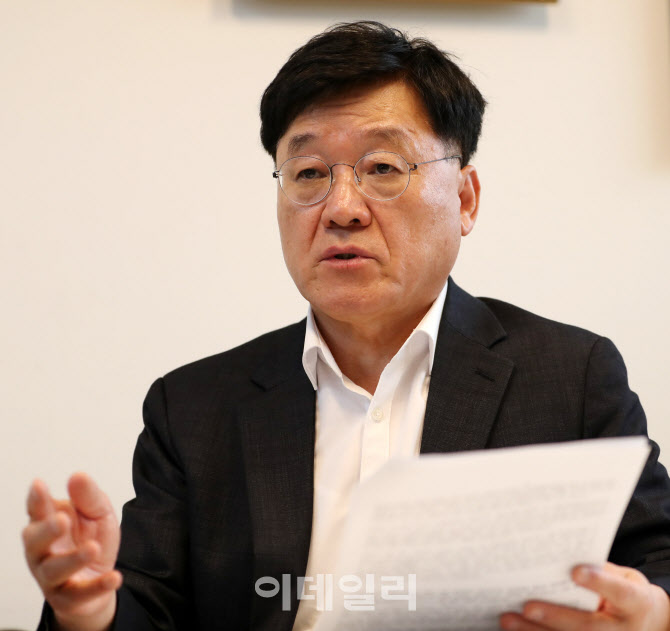 |
| Man-ki Jung, Chairman of Korea Industry Federation Forum.(Photo=Tae-hyung Kim) |
Some worry that smart factories will eliminate jobs for middle-aged workers. Jung disagrees: “The employment issue is not simply about job loss, but about qualitative transformation. As automation takes over certain parts of the value chain, new functions and sectors will emerge, creating new jobs.” He highlighted new high-value roles such as AI-based process management, data analysis, robotics maintenance, and cybersecurity. “To turn this structural shift into an opportunity, workforce retraining and job redesign are crucial.”
He also stressed the importance of government policy support to maximize both human resource utilization and corporate productivity. “Easing social insurance burdens for continued employment and providing subsidies for job transitions can maintain labor flexibility and lower business costs. For the shift to smart factories, strategic support like tax credits for automation investments and reductions in corporate and income taxes are needed,” Jung advised.
About Jeong Man-ki…
△Born in 1959 △Bachelor’s in Ethics Education, Seoul National University △Master’s in Public Administration, Seoul National University, △Ph.D. in Economics, Paris Nanterre University(formerly Paris 10 University) △Former President, Korea Automobile Manufacturers Association, △Former Executive Vice Chairman, Korea International Trade Association

 1 day ago
5
1 day ago
5
![[선택 2025] 경제단체 “사회 통합 이뤄내길…과감한 규제 개선 당부”](https://img.etnews.com/news/article/2025/06/03/news-p.v1.20250603.d74f7fdcd82c417c96228334122bc465_P1.jpg)
![[새정부 핵심 과제] 〈7〉디지털 자산 육성 법제화](https://img.etnews.com/news/article/2025/06/02/news-p.v1.20250602.e4b9f67764744090b69c3fd83e406385_P1.jpg)
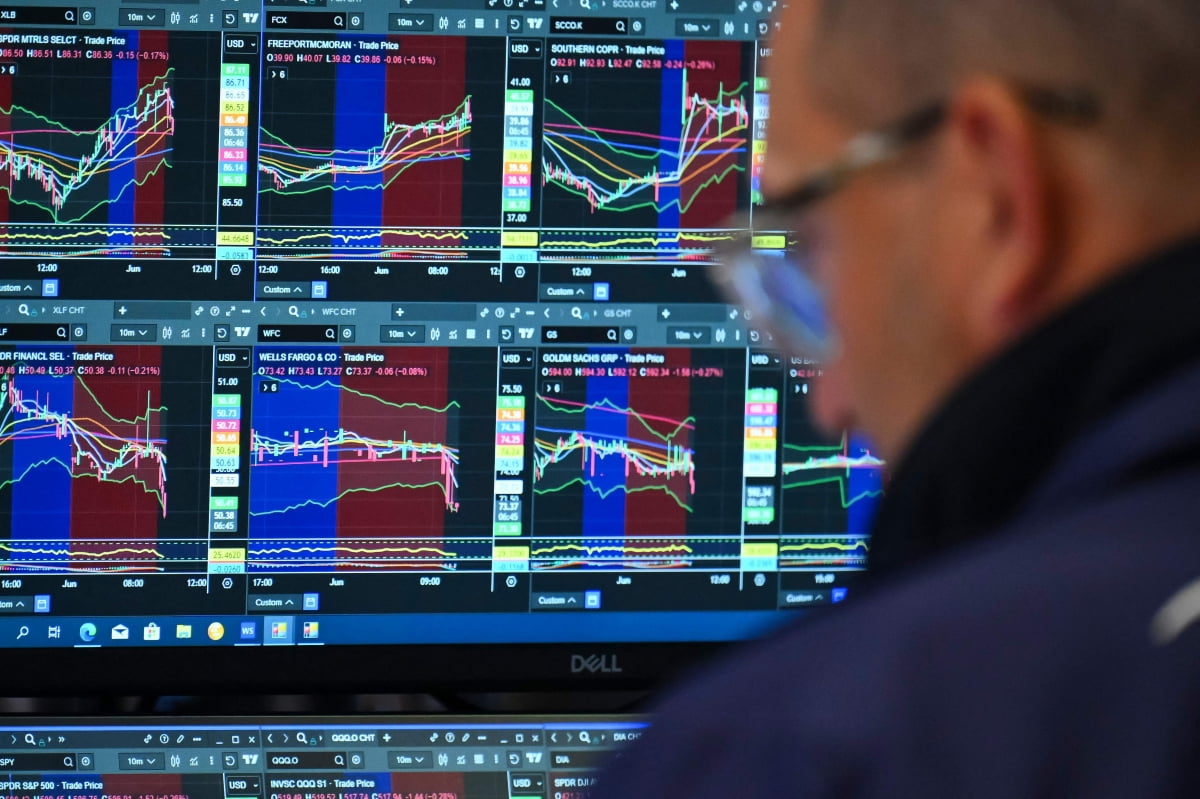
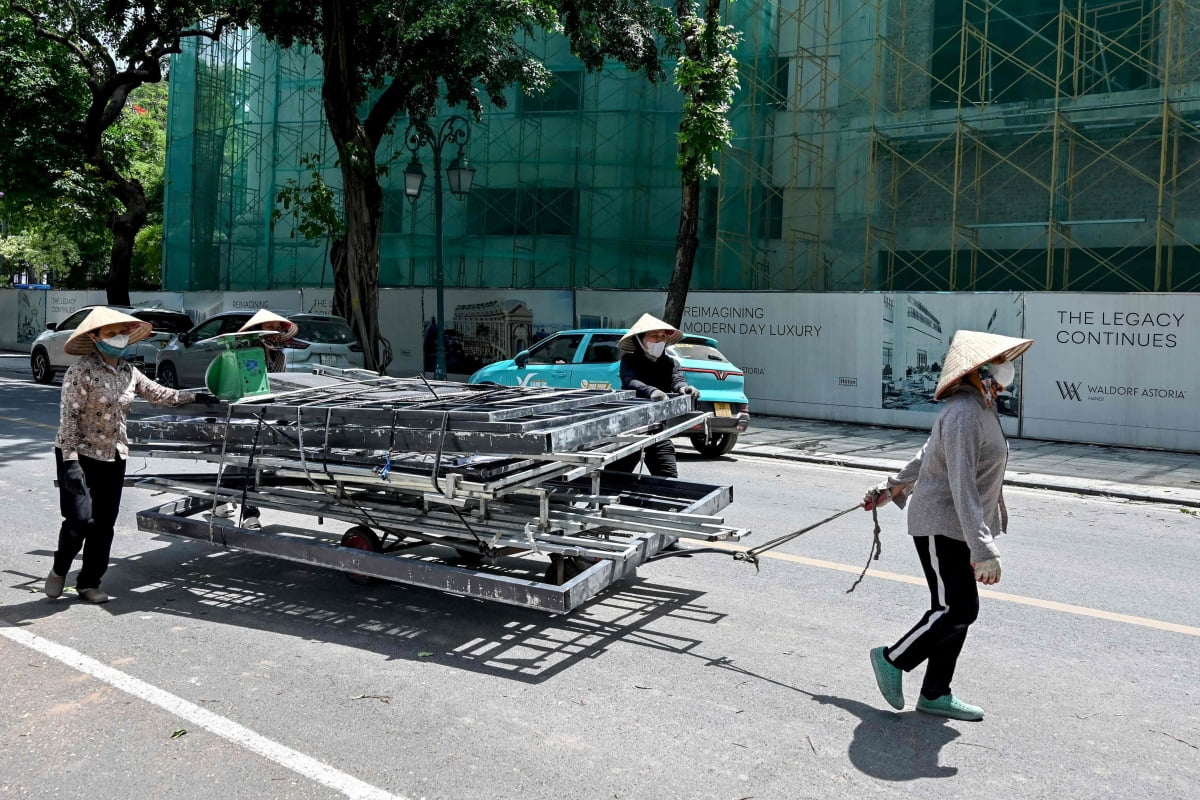


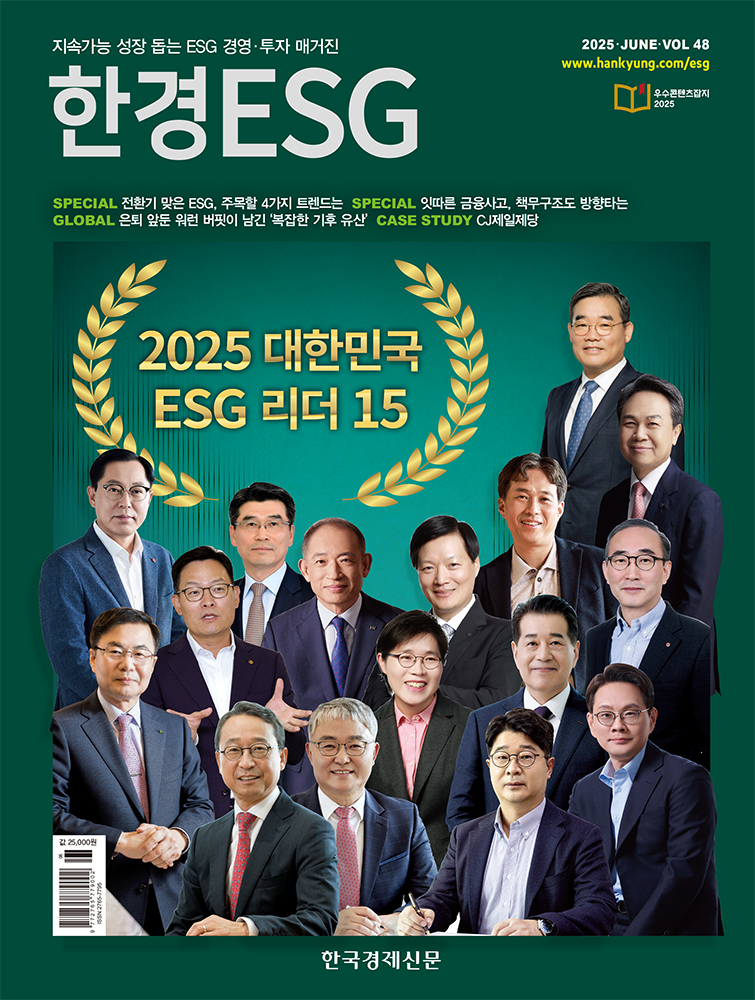
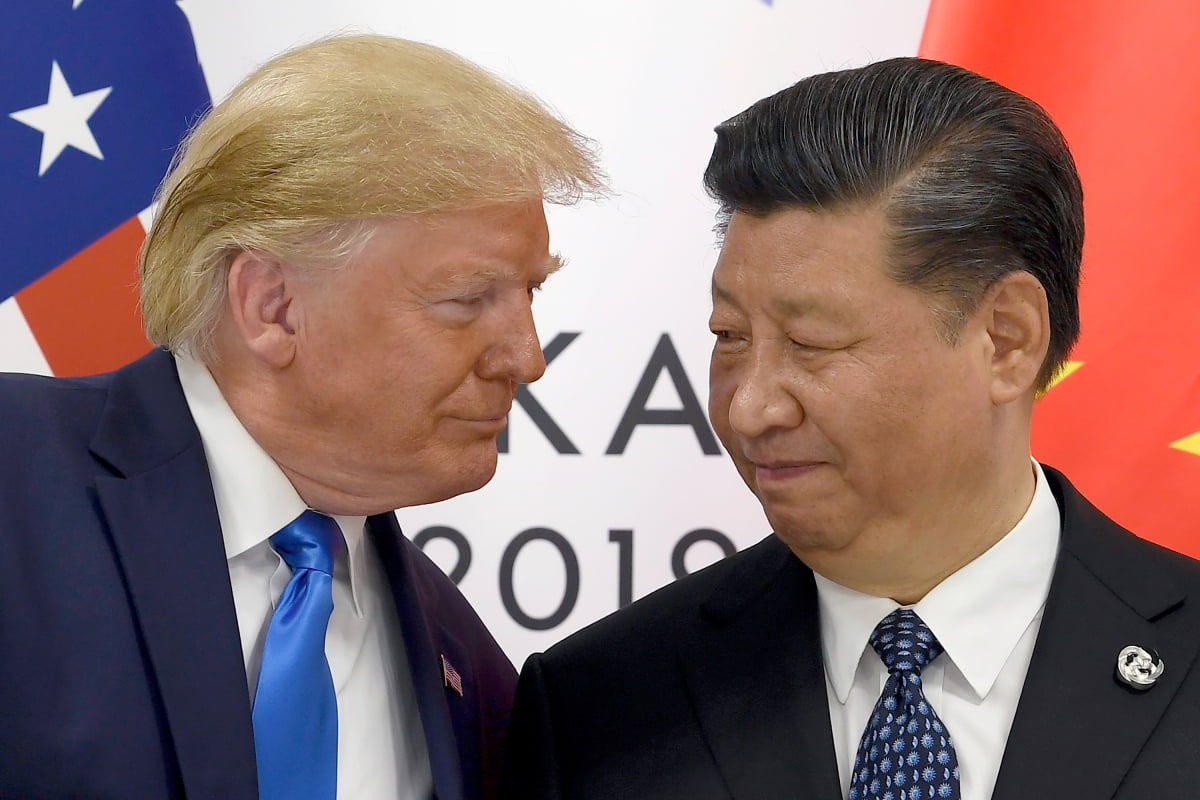
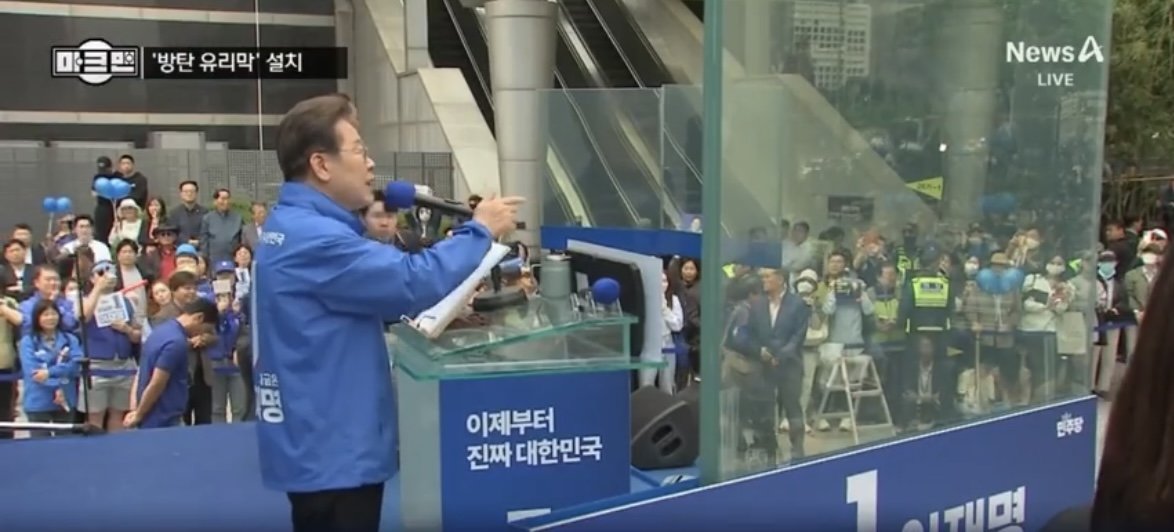
![조승래 “지귀연 판사 제보 여러건…법원-공수처가 확인해야” [정치를 부탁해]](https://dimg.donga.com/wps/NEWS/IMAGE/2025/05/19/131636504.1.jpg)

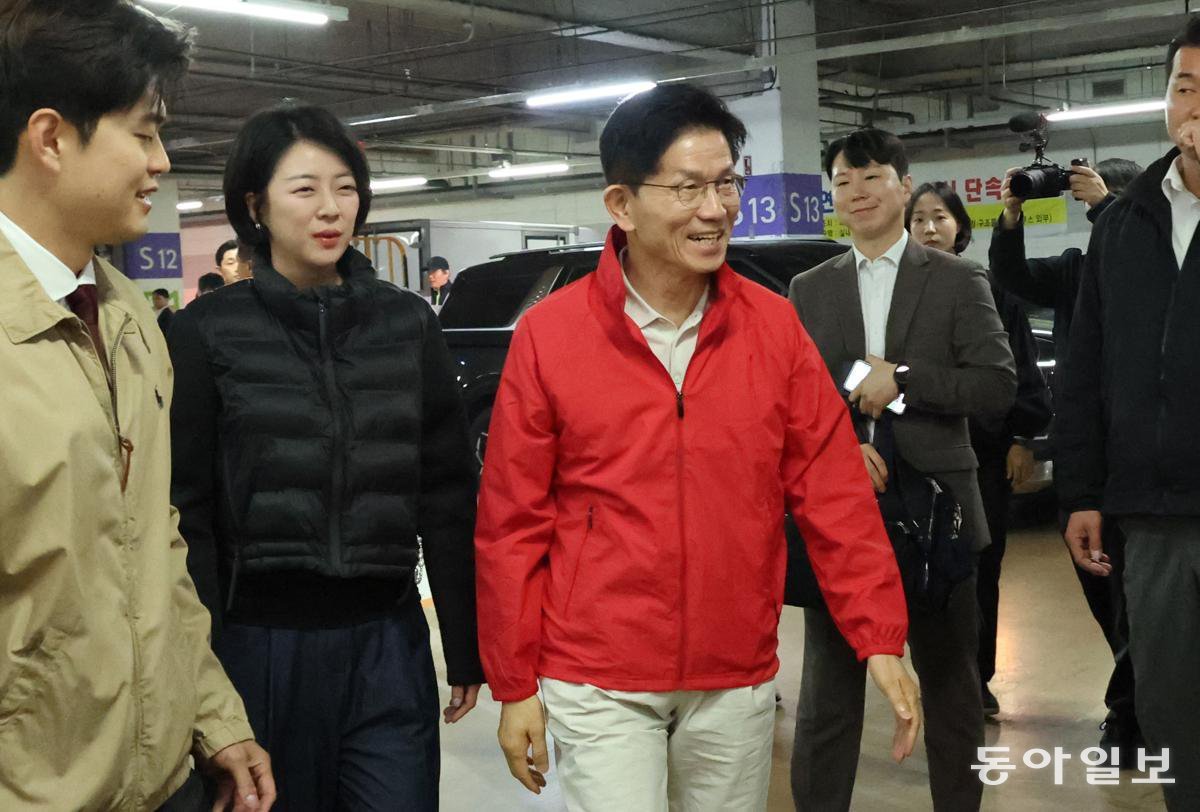


![[포토] 투표용지 인쇄 시작](https://img.hankyung.com/photo/202505/AA.40611422.1.jpg)

 English (US) ·
English (US) ·